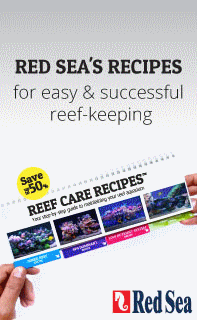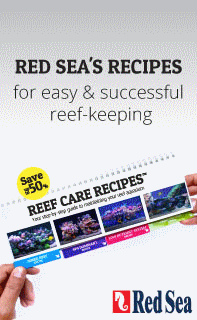-
Topics
-
Latest Update
-
3
Equipments to sell
DOS sold. The rest still available. Sent from my FCP-N49 using Tapatalk -
2
Clearance - SPS Colonies
1. Green Acro, super extended polyps, over 5 inches - $180 (sold) 2. Blue Acro, over 5 inches - $80 (sold) 3. Light blue Acro with green polyps and pink rings, over 3 inches - $150 (sold) 4. SSC, green stalks with red polyps, over 3 inches, very dense - $120 5. SSC, pink stalks with green base, over 5 inches, very dense - $150 (sold) 6. Pink Mille with green base, over 4 inches - $100 (sold) 7. Bird nest colony, over 6 inches - $100 8. Green/Red Mille, over 3 inches - $80 (sold) -
2
Clearance - SPS Colonies
1. Green Acro, super extended polyps, over 5 inches - $180 (sold) 2. Blue Acro, over 5 inches - $80 3. Light blue Acro with green polyps and pink rings, over 3 inches - $150 (sold) 4. SSC, green stalks with red polyps, over 3 inches, very dense - $120 5. SSC, pink stalks with green base, over 5 inches, very dense - $150 (sold) 6. Pink Mille with green base, over 4 inches - $100 7. Bird nest colony, over 6 inches - $100 8. Green/Red Mille, over 3 inches - $80 -
0
Looking for apex energy bar for A2
Pm me if you're selling! Sent from my 2201123G using Tapatalk -
2
-






Recommended Posts
Join the conversation
You can post now and register later. If you have an account, sign in now to post with your account.